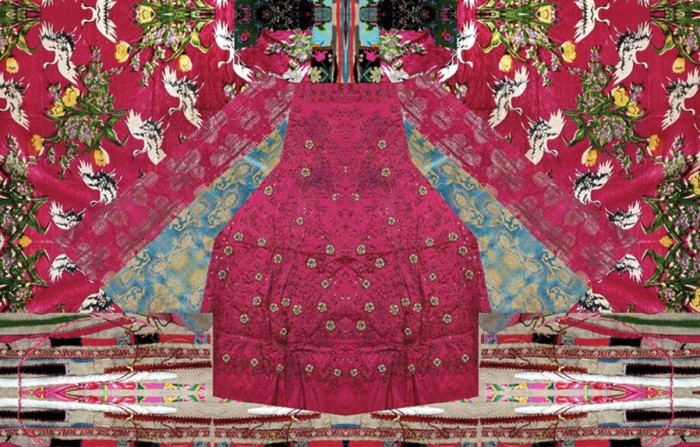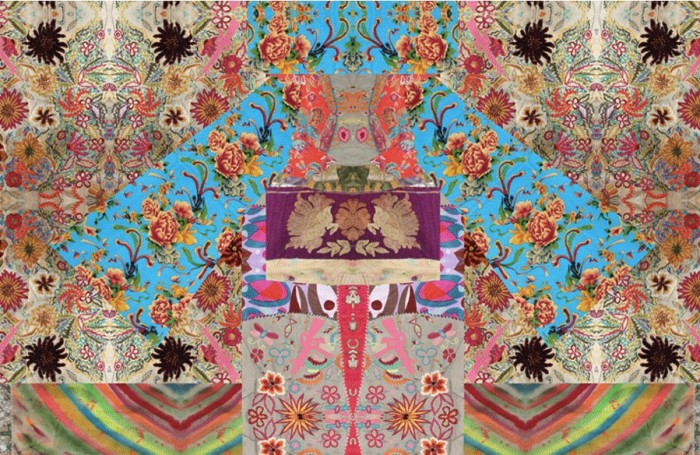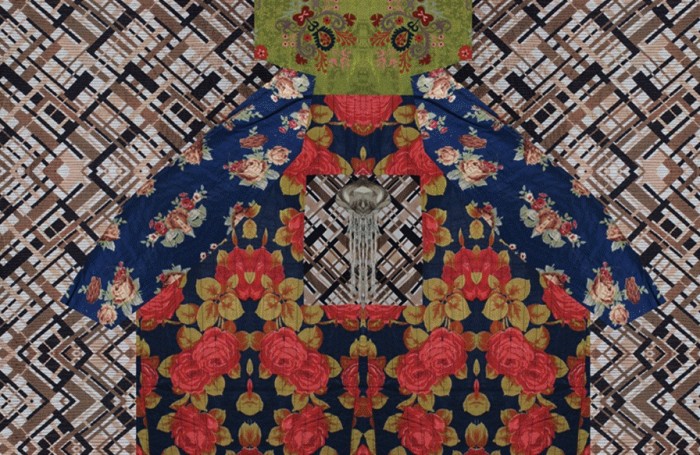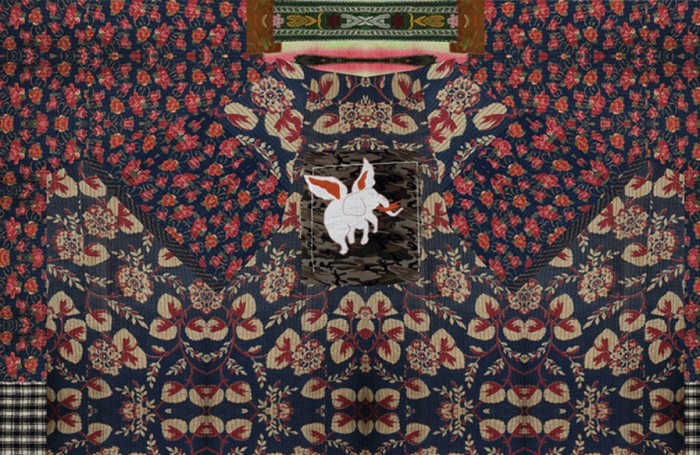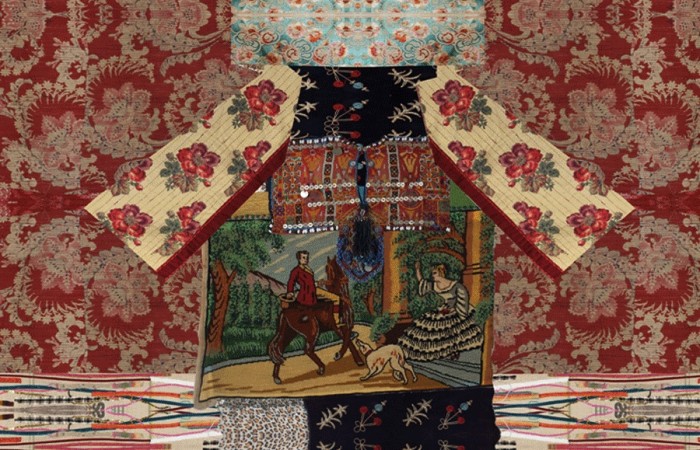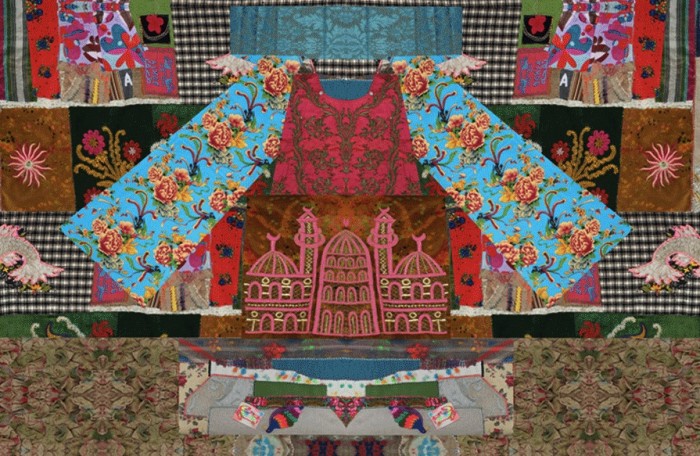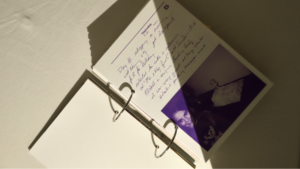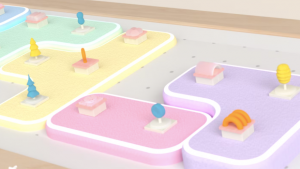Beirut-based furniture company Bokja applies its trademark upcycling of heritage textiles to the world of fashion with “re/form”, a limited-edition of 13 coats that cross the kimono with the abaya, a robe-like dress worn by Muslim women. Bokja collaborated with Lebanese fashion designer Milia Maroun on the reversible “kimabaya” coats, shown in this gallery in deconstructed form:
The collaboration sees Bokja applying its contemporary quilting style to Maroun’s kimabaya design. Also based in Lebanon, Maroun studied fashion design at Esmod in Paris before becoming a lingerie designer and then subsequently launching her own label, which places femininity at the centre of her designs.

